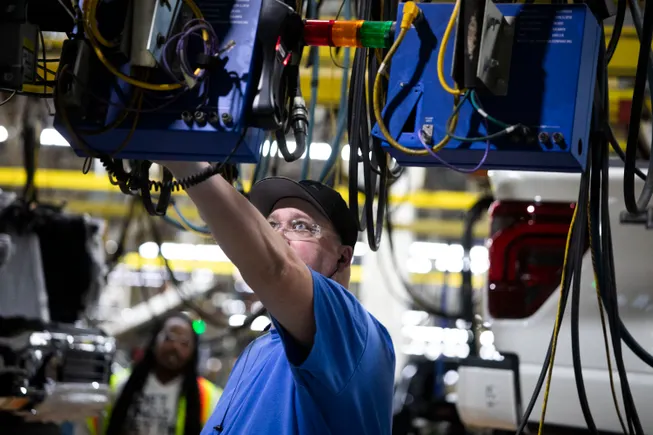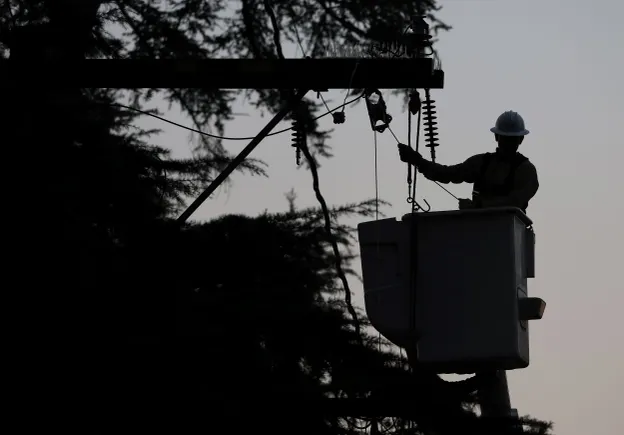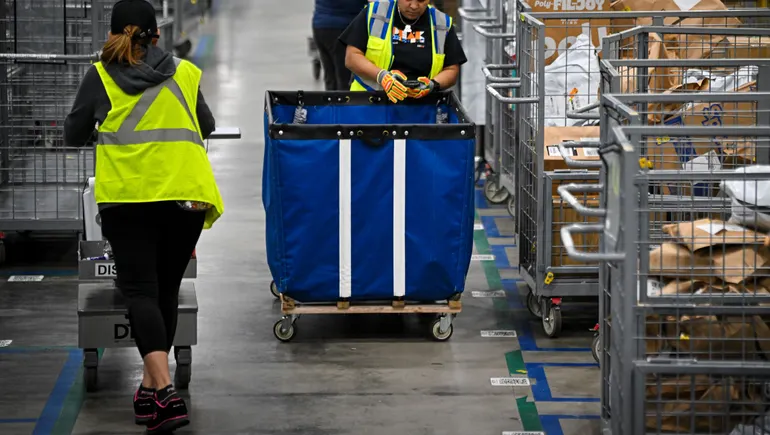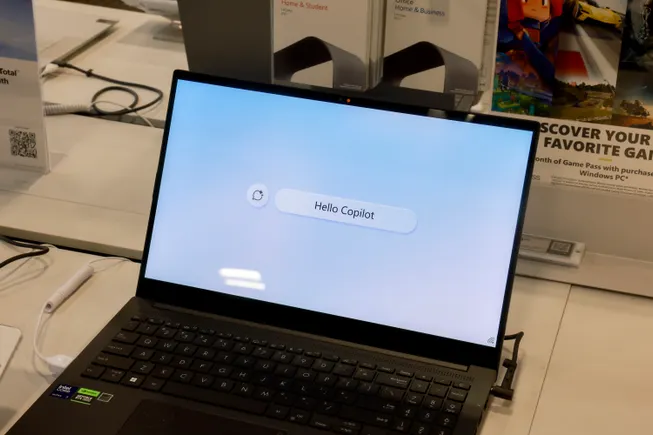Most Americans view the skilled trades as essential yet undervalued, with 91% agreeing that blue-collar jobs are as important as white-collar jobs, and 86% saying trade careers are overlooked in schools today, according to a July 31 report from The Harris Poll.
However, younger U.S. workers may not realize the advantages, with 38% of Generation Z saying skilled trades offer the best job opportunities today, compared to 40% of millennials, 45% of Gen Z and 59% of baby boomers and older workers.
“The United States is facing a severe shortage of skilled tradespeople — especially in the manufacturing and construction sectors,” according to the report. “As the lack of carpenters, welders, masons, plumbers and electricians takes a toll on project timelines and budgets, Americans are increasingly paying attention to these roles.”
In recent surveys, Gen Z workers have expressed anxiety about AI-related impacts on corporate jobs, and in turn, excitement about certain elements of blue-collar work such as greater job opportunities. In fact, 42% of Gen Z adults said they’re currently working in or pursuing a blue-collar or skilled trade job, including 37% of those who have earned a bachelor’s degree.
However, in The Harris Poll’s survey of more than 2,200 U.S. adults, only 36% of Gen Z strongly agreed that skilled trades offer a faster and more affordable path to a good career, as compared to roughly half of other generations.
Overall, survey respondents identified top barriers to blue-collar jobs, such as skilled trades being seen as less prestigious, a lack of awareness, pressure to attend college and doubts about pay. Gen Z, in particular, noted concerns related to job security, automation and a lack of flexible career options.
Even so, 9 in 10 survey respondents said they view companies more positively when they support skilled trade programs. Employers can bridge the talent gap by sponsoring hands-on skills training, paid internships, apprenticeships and scholarships, the report found.
Although revitalizing U.S. manufacturing or skilled trades shouldn’t be romanticized, employers can emphasize the rewarding aspects, writes a retired senior executive, including pay, teamwork, leadership opportunities and career growth.
Reframing the narrative is key, according to The Harris Poll. Employers should highlight that trade careers are respected, future-proof and have strong pay and purpose. These messages can be emphasized in real-life success stories, career paths and modern skills.
In addition, building talent pipelines and investing in employee development should remain a priority, the report found. HR teams can identify where talent gaps may affect operations, making a strategic business case to treat investments in training and outreach as essential risk mitigation.






Leave a Reply